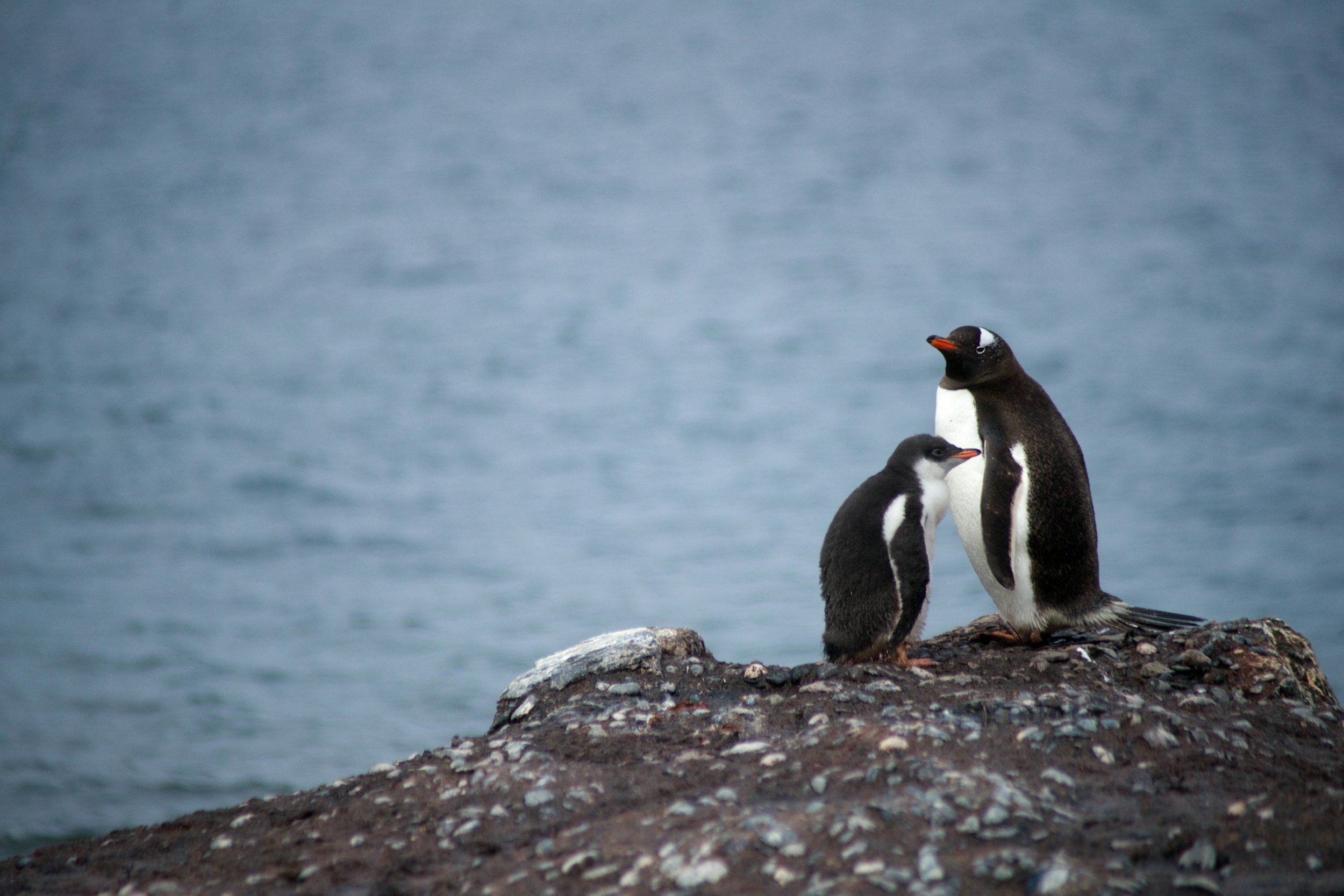

As human activities expand in Antarctica, scientists identify crucial conservation sites
A team of scientists led by the University of Colorado Boulder has identified 30 new areas critical for conserving biodiversity in the Southern Ocean surrounding Antarctica. In a study published Aug. 15 in the journalConservation Biology, the researchers warn that without greater protection to limit human activities in these areas, native wildlife could face significant population declines.

Australia’s giant lizards help save sheep from being eaten alive
Giant lizards called heath goannas could save Australian sheep farmers millions of dollars a year by keeping blowfly numbers down - and must be prioritised in conservation schemes to boost native wildlife, say researchers.

Task force helps stave off amphibian disease threat
Amphibians—like frogs and salamanders—are the most imperiled group of animal species in the world; infectious diseases are among the greatest threats to their existence. After a decade of research, a scientific task force is poised to stave off these and other infectious threats to wildlife in North America.

The Silent Struggle: How Ultrasound is Pioneering Sea Turtle Rescue Efforts
Six out of the world's seven sea turtle species are currently endangered, facing myriad threats predominantly caused by human activities. The most significant of these is commercial fishing, where sea turtles often become unintended casualties, caught in nets without the immediate knowledge of the fishers. This accidental capture disrupts their natural diving behavior, leading to potentially fatal conditions like gas embolism — bubbles of gas that form within their tissues and organs due to rapid changes in pressure.

Underwater Heroes Ignored for Years: The Secret Protectors of Coral Reefs Finally Revealed
In a groundbreaking revelation that has stirred the marine biology community, researchers from the Georgia Institute of Technology have uncovered the profound impact of one of the ocean's most underrated inhabitants: the sea cucumber. Known colloquially as the 'janitors of the sea,' these creatures play a pivotal role in maintaining the health and vitality of coral reefs, the ocean's biodiversity hotspots.
Wolf recovery triumphs: But a looming crisis threatens
Gray wolf populations in the US have made an incredible comeback over the past 30 years, but as their numbers surge, so do challenges. Discover the unexpected hurdles these wolves face as they reclaim their territory and the potential consequences for both conservation and human interaction.

